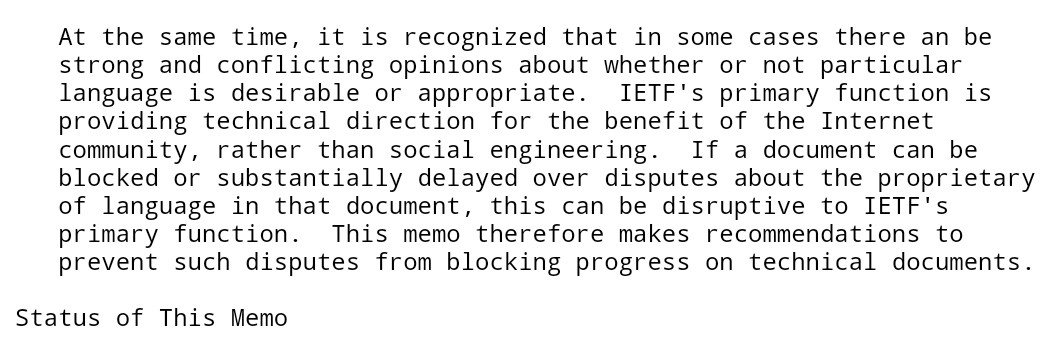For the second time in a week I found a reference to '6G' in a policy document.
I hope people start to understand that 5G is mostly a marketing concept to sell you stuff you do not need.
5G is a ploy by telcos and manufacturers to increase network control and sell equipment.
I hope people start to understand that 5G is mostly a marketing concept to sell you stuff you do not need.
5G is a ploy by telcos and manufacturers to increase network control and sell equipment.
5G is not one thing, but a set of standards and technologies that have been developed in a closed industry body, namely the #3GPP. Without any democratic oversight.
We do not understand the full consequences the roll out 5G will have to geographies or Internet architecture.
We do not understand the full consequences the roll out 5G will have to geographies or Internet architecture.
We also do not understand how the implementation of 5G will shift power balances between network operators and content providers. But I can tell you one thing, in the development the 5G standards, human rights or the public interest were not a criterion.
This very much feels like a 'return of the telcos', but the reality is that they never really left. So perhaps it is just another nail in the coffin of the distributed and end-to-end Internet.
• • •
Missing some Tweet in this thread? You can try to
force a refresh









